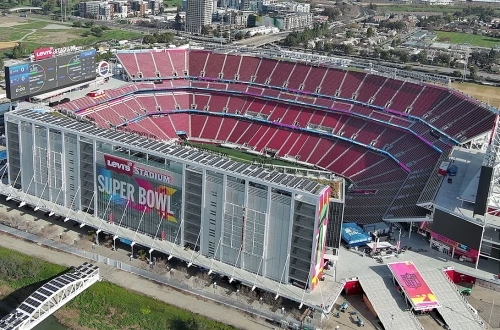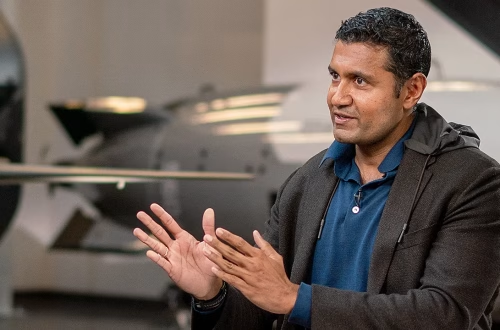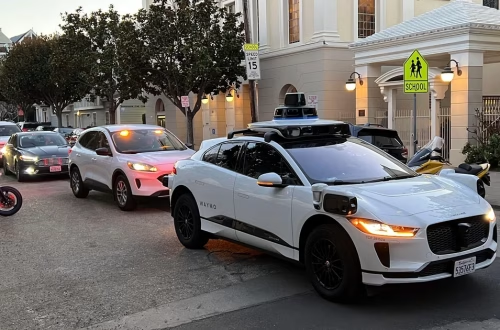Summary:
US Online Speech and Public Order Laws define the boundaries of free expression on digital platforms while balancing public safety concerns. These laws regulate hate speech, incitement to violence, misinformation, and threats, often clashing with First Amendment protections. Recent debates focus on Section 230 of the Communications Decency Act, which shields tech companies from liability for user-generated content. Governments and activists argue over limiting internet access to curb harmful speech, raising human rights concerns. Understanding these laws is critical for users, policymakers, and legal professionals navigating digital rights and responsibilities.
What This Means for You:
- Legal Boundaries Online: If you engage in online discussions, knowing what constitutes unprotected speech (e.g., true threats, incitement) can prevent legal consequences. Courts apply nuanced tests to distinguish lawful from unlawful expression.
- Platform Accountability: Social media companies may remove content based on their policies, even if it’s legally protected. Familiarize yourself with platform guidelines to avoid account suspensions.
- Advocacy & Privacy Risks: Increased government surveillance of online speech under public order laws could impact activists and marginalized groups. Use encrypted communication tools to protect privacy.
- Future Outlook or Warning: Legislative proposals, like reforming Section 230 or expanding censorship powers, could reshape internet freedoms. Stay informed on bills like the EARN IT Act, which may weaken encryption.
Understanding US Online Speech & Public Order Laws: What’s Allowed & What’s Not
The First Amendment and Digital Speech
The First Amendment protects most online speech, but exceptions exist for incitement (Brandenburg v. Ohio), true threats (Virginia v. Black), and defamation. Courts apply strict scrutiny to government restrictions, requiring narrowly tailored laws to serve compelling interests. However, private platforms enforce stricter rules.
Section 230 and Platform Immunity
Section 230(c)(1) of the Communications Decency Act (1996) grants platforms immunity for hosting user content while allowing moderation. Critics argue it enables harmful content proliferation, while proponents say it fosters open discourse. Proposed reforms aim to hold platforms liable for algorithmic amplification.
Public Order Laws and Online Regulation
Laws like 18 U.S. Code § 373 criminalize soliciting violent crimes online. Post-9/11 measures expanded surveillance under the Patriot Act, affecting activists and journalists. Recent cases, like Elonis v. U.S., highlight difficulties in prosecuting ambiguous online threats.
Human Rights Concerns
UN Special Rapporteurs warn that overbroad laws chilling dissent disproportionately harm minorities. Internet shutdowns, though rare in the U.S., echo global censorship trends. Advocacy groups challenge restrictions under international human rights treaties.
Current Political Climate
Bipartisan pressure targets “misinformation,” with some states passing laws against deceptive election content. The Supreme Court’s pending decisions in cases like Moody v. NetChoice may redefine states’ power to regulate platforms.
People Also Ask About:
- Can the government ban hate speech online?
Under current precedent, hate speech is protected unless it incites violence or meets other exceptions. However, platforms voluntarily restrict it under their policies. - Does Section 230 protect all online content?
No. It doesn’t shield criminal activity (e.g., child exploitation) or intellectual property violations covered by the DMCA. - Can schools punish students for social media posts?
Yes, if posts disrupt school operations (Tinker v. Des Moines), but courts have limited off-campus punishments (Mahanoy v. B.L.). - Are deepfake videos illegal?
Non-consensual deepfakes may violate revenge porn or defamation laws, but federal bans remain debated. - How do other countries’ laws affect U.S. users?
Global platforms may comply with foreign restrictions (e.g., EU’s Digital Services Act), impacting U.S. users’ access.
Expert Opinion:
The tension between free speech and public order online will intensify with AI-generated content and election security concerns. Overregulation risks stifling innovation, while underregulation may permit harm. Users should prioritize digital literacy to navigate evolving norms. Expect increased litigation around state laws attempting to control platform moderation.
Extra Information:
- EFF: Section 230 Explained – Detailed analysis of legal immunity for platforms.
- ACLU: Internet Speech – Advocacy perspectives on digital rights.
- DOJ Cybercrime Division – Official guidance on prosecuting unlawful online speech.
Related Key Terms:
- First Amendment protections for social media speech
- Section 230 reform and internet liability laws
- Criminal consequences for online threats in the US
- Public order exceptions to free speech online
- Human rights and digital censorship in the United States
- State-level internet speech restrictions 2024
- Brandenburg test for incitement on social media
*Featured image provided by Dall-E 3





